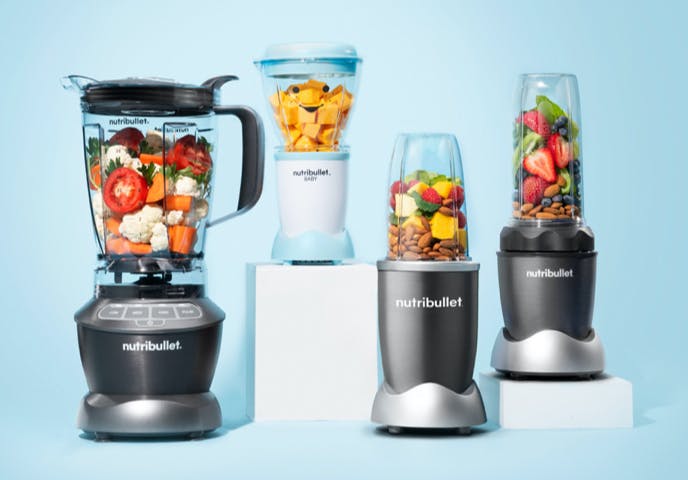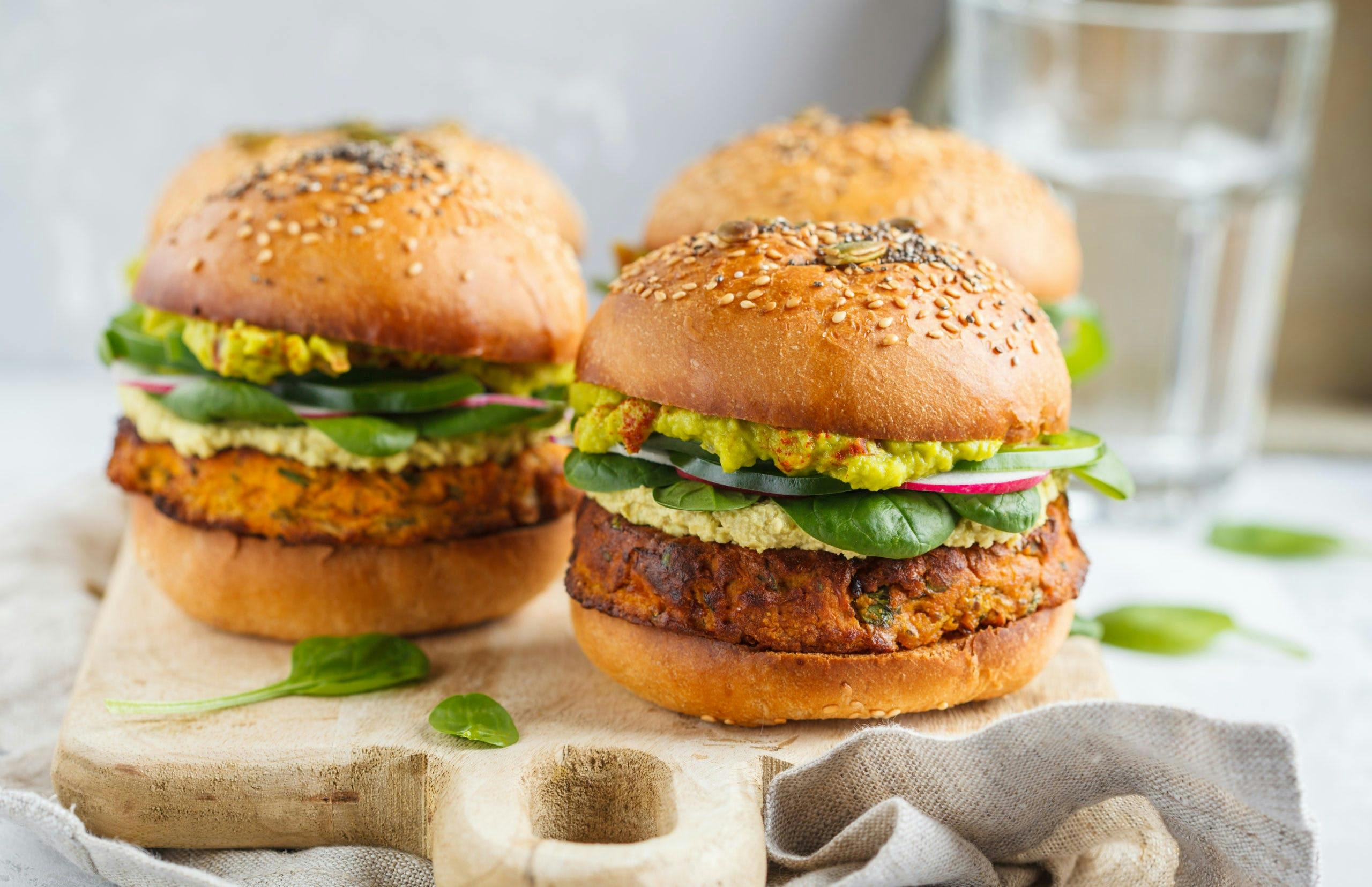Acid reflux is one of the most common reasons why my patients visit me in my office in Michigan. Recent statistics from the American College of Gastroenterology say that 60 million Americans experience heartburn at least once a month, with 15 million having symptoms of acid reflux or GERD every single day. There’s a certain type of reflux that is referred to as “silent” reflux because those who have it don’t show the typical symptoms of acid reflux, such as heartburn.
Silent acid reflux, or laryngopharyngeal reflux (LPR), is a condition that happens when acid from the stomach travels up the esophagus all the way to the laryngopharynx in the throat. It is commonly seen in GERD patients but may occur on its own without GERD.
Symptoms of LPR include:
- Sensation of a lump in the throat
- Need to clear the throat frequently
- Mild hoarseness
- Mucus
- Chronic cough
- Difficulty swallowing
- Sore throat
- Red or swollen voice box
Who is most likely to develop silent reflux?
Anyone can develop silent reflux, including men, women, infants, and children. Some lifestyle factors may make adults more susceptible, including:
- Poor diet (lots of acidic and spicy foods, too much caffeine)
- Overeating
- Alcohol and tobacco abuse
In infants and children, LPR can develop due to the developmental immaturity of the esophagus.
The Best Diet to Help Alleviate Symptoms of LPR or Silent Reflux
Research has shown that diet plays an important role in managing silent reflux. A study published in the Journal of the American Medical Association Otolaryngology found that a Mediterranean diet may be as effective as proton pump inhibitors (PPIs) in treating symptoms of acid reflux.
I am not suggesting you forgo all medication and attempt to treat your symptoms with diet alone unless advised by your doctor. Drug-free treatment may not be suitable for everyone. I am saying this: food is medicine. And what you put into your body every day plays a massive role in the condition of your health.
What is a Mediterranean diet?
The Mediterranean Diet comes historically from the eating habits and lifestyle of those living in southern Italy, Greece, Turkey and Spain. The diet consists of lots of high-fiber fruits and vegetables, quality fats and proteins, and an occasional glass of wine. Due to its many proven health benefits, including reducing inflammation, supporting healthy weight, improving heart health, and reducing disease risk, the Mediterranean Diet is considered one of the healthiest cultural diets in the world.
Foods Included in the Mediterranean Diet
The most common, day-to-day foods of the Mediterranean diet include:
- Fresh fruits and vegetables (leafy greens, eggplant, cauliflower, artichokes, tomatoes)
- Olive oil
- Nuts and seeds (almonds, sesame seeds)
- Legumes and beans (lentils, chickpeas)
- Herbs and spices (oregano, fennel, rosemary, parsley)
- Whole grains
- Wild-caught fish/seafood
- Pasture-raised chicken and eggs
- Goat milk
- Fresh water
- Red wine
Some foods moderately consumed include:
- Red meat (once a week)
- Coffee
- Tea
- Kefir and yogurt
How To Choose High-Quality Olive Oil
Much of the research surrounding the benefits of the Mediterranean diet focuses on the consumption of olive oil. Olives have been a staple item in the Mediterranean region for over 5000 years, and those living there consume olive oil as a part of nearly every meal. Not all olive oil is created equally, however, and many of the “olive oil” brands you see on store shelves are fake imitations or devoid of their original nutrients. Always pick olive oil that is cold-pressed and extra-virgin.
Partha’s Prescription for Silent Reflux
- Eat more fiber. Fill your diet with plenty of fresh fruits and vegetables. A 2004 study found that dietary fiber is protective against reflux. Fiber also helps to promote regularity of bowel movements and improves digestive health. Daily, women should aim to consume at least 25 grams of fiber and men, 38 grams.
- Eat small meals every three to four hours. Overeating can aggravate symptoms of reflux because it puts a lot of pressure on the stomach and can push acid up into the esophagus. This is why I recommend eating smaller meals several times a day instead of traditional large meals.
- Limit sugar intake. Most Americans are eating way too much sugar. This leads to weight gain and obesity which, in turn, increase the likelihood of developing silent reflux. The American Heart Association recommends women eat no more than 20 grams of sugar and men consume no more than 36 grams.
- Limit caffeine and spicy foods. Caffeine relaxes the esophagus, making it easier for acid to travel up from the stomach and cause reflux symptoms. Spicy foods tend to irritate the esophagus and have been found in many studies to exasperate heartburn.
If you’ve made changes in your diet and lifestyle but have yet to feel better, it may be time to consult with your doctor. Silent reflux can often be a symptom of a more serious condition like GERD. Working together with a healthcare professional will help you make the best decisions for your unique health needs.
Find this and other health-promoting articles by Dr. Partha Nandi on his website, Ask Dr. Nandi.



















